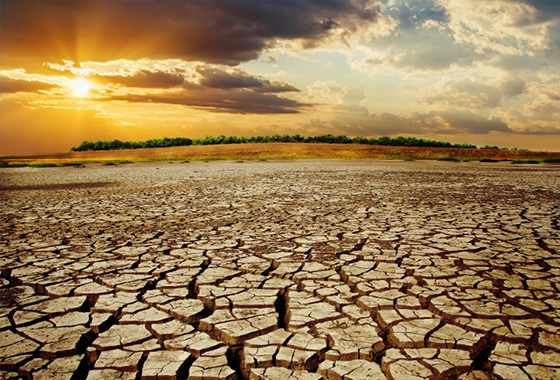Given the climate crisis and the importance of holding private and public actors liable for their contributions to climate change, the Legal Affairs Committee, meeting today by videoconference, proposed reinforcing civil and criminal liability for “acts that might have an impact on climate change or cause severe environmental damage”.
“It is important to pursue a unified criminal policy to protect the environment and to adopt common definitions of environmental crimes and sanctions related thereto,” the parliamentarians said.
By adopting the report by Ziya Altunyaldiz (Turkey, NR), the committee called on member States to severely punish the most serious environmental crimes and to introduce the crime of ecocide in their criminal legislation – while recognising the principle of universal jurisdiction in this context. It stressed the importance of access to judicial (civil, criminal and administrative) remedies to prevent and compensate for damages caused by climate change. According to the adopted draft resolution, NGOs must also be able to launch proceedings against States and private entities for environmental damage.
As regards reinforcing civil liability, the committee recommends amending national civil law legislation, in particular by alleviating the burden of proof and adding provisions on responsibility for environmental harm.
Read also
The committee regrets that the two Council of Europe conventions on environmental protection have not attracted the number of ratifications necessary to enter into force. It recommended that the Committee of Ministers draft a new legal instrument to replace the 1998 Convention on the Protection of the Environment through Criminal Law, defining clearly and precisely offences and sanctions, in accordance with the principle of the legality. The committee also proposed that the Committee of Ministers revise the 1993 Lugano Convention on Civil Liability for Damage Resulting from Activities Dangerous to the Environment.
Parliamentary Assembly of the Council of Europe


























































